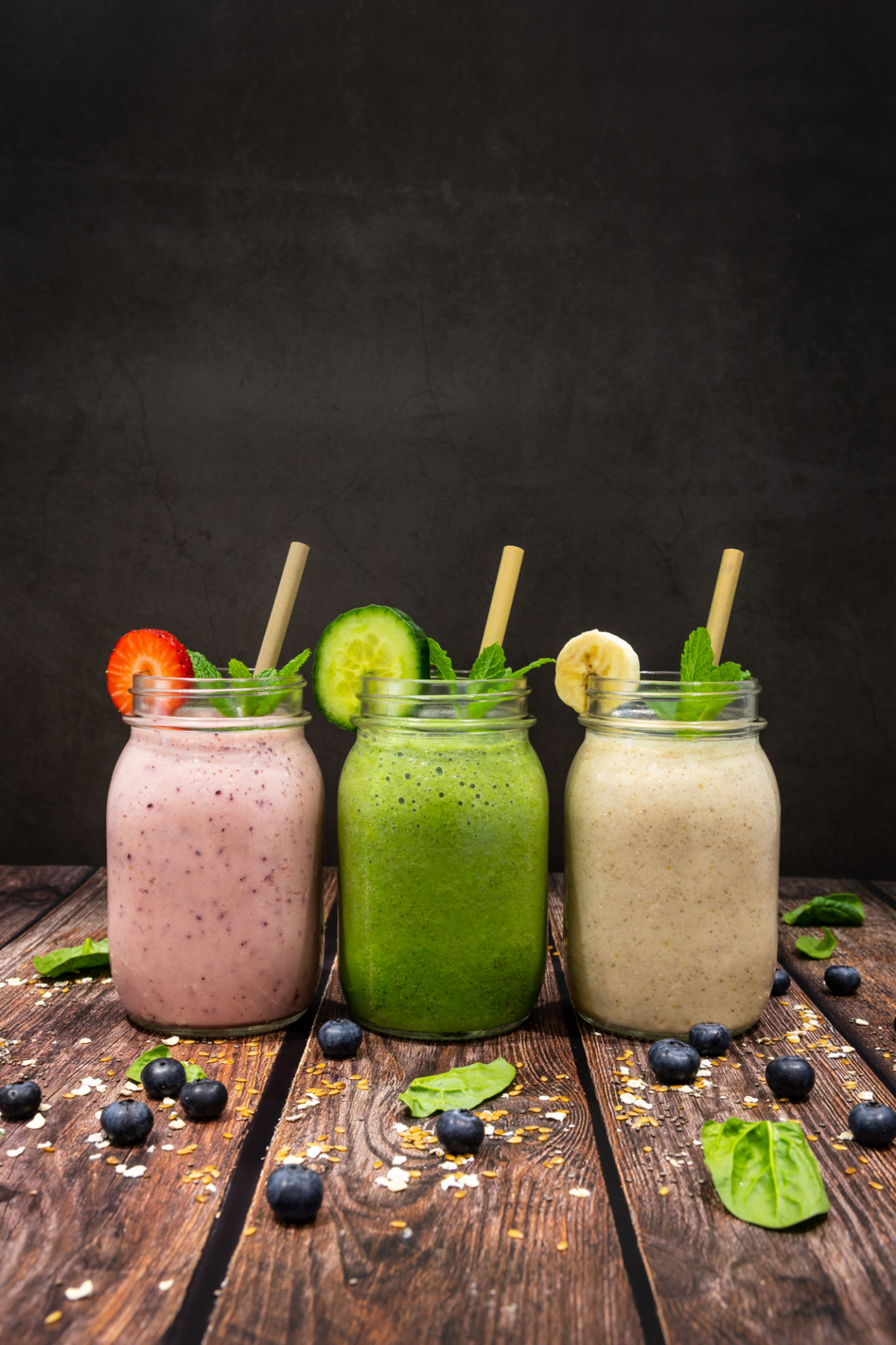Myth-Busting: Common Misconceptions About Food as Medicine
In recent years, the concept of using food as medicine has gained significant attention. While the idea is appealing, it's essential to separate fact from fiction. Misunderstandings can lead to ineffective health practices, and it's crucial to have a clear understanding of what food can and cannot do.

Food as a Cure-All
One of the most common misconceptions is that food can cure any ailment. While a balanced diet can improve overall health, it's not a substitute for professional medical treatments. For example, while vitamin C is vital for immune function, it cannot cure diseases like cancer or the flu.
It's important to recognize the limitations of dietary interventions. Certain conditions require medication or other medical interventions. Complementary use of food can support health but should not replace prescribed treatments.
Understanding Nutritional Value
People often overestimate the nutritional value of certain foods, believing superfoods can meet all their dietary needs. While foods like kale and quinoa are nutritious, they are not magical solutions. A varied diet incorporating different food groups is necessary for balanced nutrition.

The Role of Supplements
Supplements are often marketed as quick fixes for nutritional deficiencies. However, they should not replace whole foods. Nutrients are more effectively absorbed when they come from food rather than pills. Supplements can be beneficial in certain cases but should be used wisely and under the guidance of a healthcare professional.
Moreover, excessive intake of supplements can lead to health issues. For instance, too much vitamin A can cause toxicity. It's essential to follow recommended guidelines and consult with a healthcare provider.
Detox Diets and Cleanses
Detox diets and cleanses promise to rid the body of toxins and promote weight loss. However, the body naturally detoxifies itself through the liver and kidneys. These diets often lack scientific backing and can sometimes be harmful.

Instead of relying on detox diets, focus on maintaining a balanced diet, staying hydrated, and getting regular exercise. These habits support the body's natural detoxification processes.
The Power of Prevention
While food may not cure diseases, it can play a significant role in prevention. A diet rich in fruits, vegetables, whole grains, and lean proteins can help reduce the risk of chronic diseases such as heart disease and diabetes.
Understanding the preventive power of food involves making informed choices. Opt for a variety of colorful fruits and vegetables to ensure a range of nutrients, and avoid processed foods high in sugar and unhealthy fats.

Conclusion
Food is a powerful tool for maintaining health, but it's not a panacea. By dispelling myths and understanding the true role of nutrition, individuals can make informed decisions that support their well-being. Always seek professional medical advice when necessary, and use food as a complementary part of a holistic health strategy.